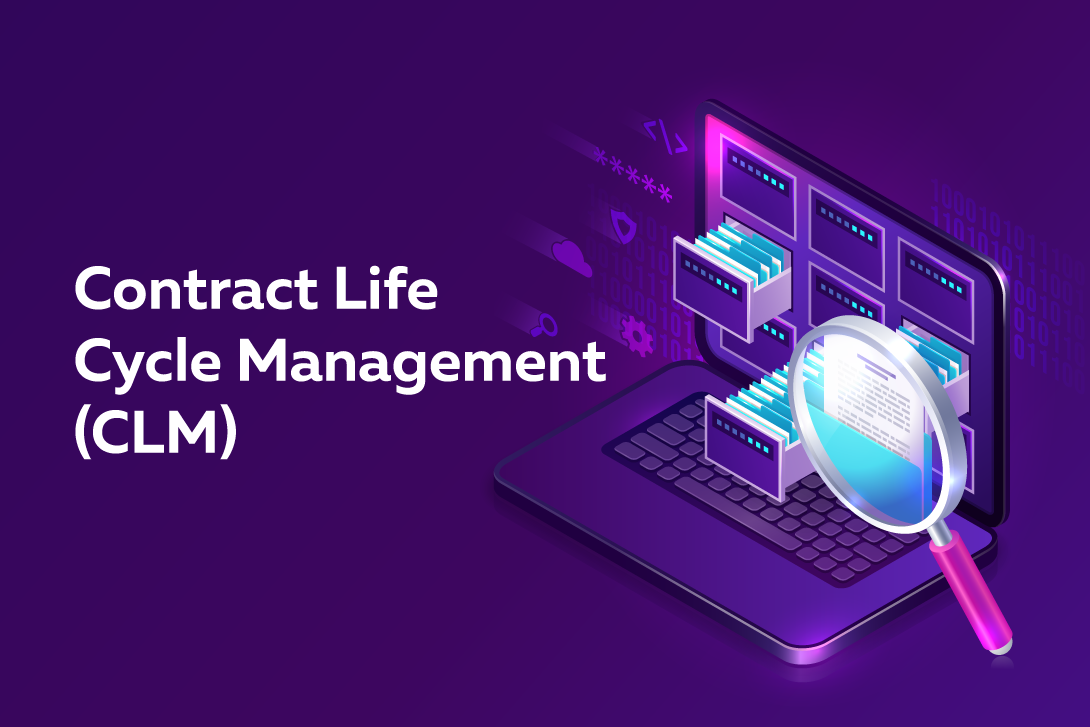
Negotiation isn’t an innate gift, but a skill that can be constantly learned and perfected. The concept of “knowing how to negotiate” isn’t restricted to the business world either – children are excellent negotiators, for instance. They know the other party very well (parents, grandparents, other family members), they know how to argue, and are very persistent too.
The main difference here is that adults must give voice to reason instead of emotion, but without being cold or distant from the other party. Given the pressure that surrounds procurement professionals in their daily activities, the “art of negotiation” requires, before any other skill, emotional balance and professionalism.
There is more at stake here than winning offers
In the procurement area, negotiating with suppliers is extremely important, precisely due to a direct impact on cost reduction and profit generation. Therefore, the theme must be a priority on the agenda of managers and buyers – obviously along with other aspects that are now indispensable for businesses, such as transparency, ethics and compliance.
Negotiation strategies must be efficient, optimized, and have their risks reduced and their opportunities maximized. If, in a procurement area, the “negotiator role” hasn’t been well played by buyers, or the issue isn’t perceived as relevant by the company, the business will be probably losing a lot of money.
To enable businesses achieving good results and staying competitive in the market, buyers must invest in good negotiation practices with suppliers, particularly in scenarios of crisis and uncertainty. After all, each dollar saved on procurement returns as one dollar in company’s profit. But a good negotiation isn’t just about winning the best offer. Before closing any deal, other aspects shall be evaluated – such as payment terms, deadlines and, above all, product quality.
Planning
When it comes to corporate procurement, businesses must be aware of risks. Before starting any negotiation, the buyer must have very clear, in his/her mind, what is to be purchased and what are the technical specifications, the required deadlines and budget limit, among other aspects. One of the main mistakes is not having crucial information at hand during a negotiation. With little or no preparation, the buyers can even close deals that don’t favor their own company.
Structuring the procurement strategy in advance is an excellent way to better conduct negotiations. Just consider, for instance, the matters of seasonality and negotiation with a supplier in a period when such partner tends to have lower sales volume. This will be certainly more flexible. Situations like this are only possible with proper planning and market research.
Relationship
Negotiation isn’t a contention. The buyer must have an empathetic eye when negotiating. It’s in this occasion that the supplier is no longer a mere service provider, and is then recognized as a true business partner – just because, in most cases, he will be more interested in a long-term relationship than in closing a single sale.
A “win-win” relationship means that both companies are being strengthened through negotiation. On the other hand, despite the strengthened relationship, it’s vital to understand the advantages, for instance, if the supplier seeks innovation, and always consider the development of new partners. In fact, bargaining power cannot be undermined over time.
Communication
How can you win good deals without an accurate and secure communication? This is practically impossible, you know. Knowing how to communicate is key to negotiation in procurement. It’s worth remembering here a simple concept of sender and receiver communication elements. Feedback, which is the receiver’s response to a transmitter’s message, is always very important.
For this reason, in a negotiation, just as buyers must express themselves clearly and objectively, they must be also willing to listen to their suppliers. During a negotiation, the buyer will be able to identify more opportunities for the business if the supplier is allowed to provide more details.
Technology speeds up the process
Shortening the procurement cycle is one of the main challenges faced by businesses. Fortunately, however, digital solutions have made buyers’ tasks increasingly easier. With a Procure-to-Pay (P2P) platform, you can carry out several analyses and automate the negotiation process, thus facilitating more assertive decisions and more savings.
Live ME: Negotiation in procurement – The art of developing strategic partnerships
On August 26, starting at 5 pm, you are invited to participate in a live session with Francisco Cortinas, Supply Director at Hidrovias do Brasil, who will share his experience in negotiation with partners. Participate and you will be entitled to win an earbuds! Please apply here.
To learn more about the P2P solution, click on this link.
In this content, you have been given tips for negotiation in procurement for your company, and how it can help you get better results in your business processes.
Want access to more content like this? Subscribe and receive it in your e-mail.


 Português do Brasil
Português do Brasil Español
Español Português
Português
